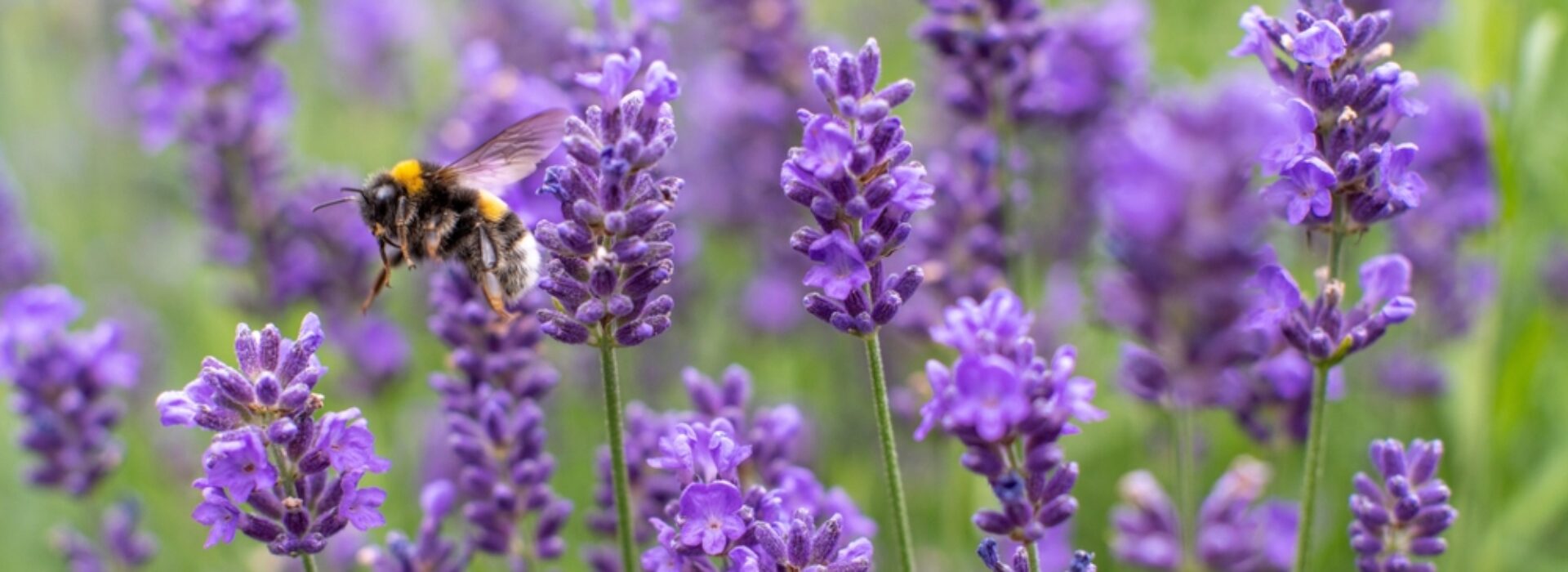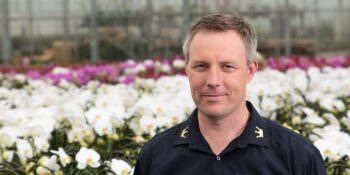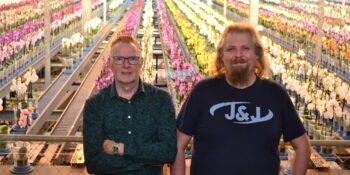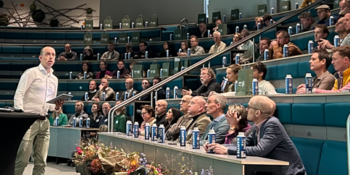Thirty years ago, a group of growers founded MPS to compare their use of crop protection agents. Sharing data and learning from each other remain central to MPS even to this day. However, the societal aspect and inspiring growers have also become increasingly important. We spoke to MPS CEO Daan de Vries and chairman of the board Marco van der Sar about these developments and the future of both MPS and the sector.
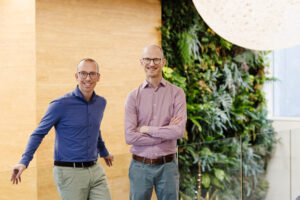
Marco van der Sar & Daan de Vries
“MPS was founded thirty years ago in response to demand from society and government,” says Van der Sar. “Today we assist producers worldwide in cultivating more sustainable products, but accountability and sustainability remain at the core. MPS plays an independent role in this by collecting and using various data for reporting, certification, and now also for footprint calculations. MPS-ECAS is also a crucial element in this, as it enables us to provide independent validation through a one-stop shop.”
Demand for underlying data
De Vries notes that insight into the underlying data is becoming increasingly important. “Whereas supply chain partners used to be satisfied with certification alone, there is now an increasing demand for the underlying data. This is partly because customers are asking questions about CO2 emissions in the supply chain, just like banks and governments. Companies therefore not only need to keep financial records but also ‘emissions records’.”
Embraced by growers
MPS has gone on to become an indispensable part of the sector. De Vries: “What helped was that the auction, which has a large following, embraced us. Partly because of this, we now have 3,400 customers worldwide, two-thirds of whom are in the Netherlands.”
Numbers matter because data becomes more interesting as more people collect and use it. “We are committed to growing our user base,” says De Vries, “because the more people do similar things in cultivation, climate and indoor or outdoor growing, the more interesting the insights become for the grower.”
Thirty years of impact
Much has been achieved in the thirty years that MPS has been collecting and sharing data. De Vries points to certifications such as MPS-GAP and MPS-SQ. “This has had a major impact on flower farms in Africa – it has created a huge positive movement, particularly in the first ten years.”
The international impact of MPS has also been significant, Van der Sar notes. “When I visit growers abroad, I often see that they are really proud of their MPS-A or A+ certifications. Our predecessors at MPS did pioneering work in this regard: they worked extremely hard, travelled a lot and were therefore able to convince a large network of growers to use MPS, which we now benefit from as a foundation.”
Making international progress
A challenge in respect of further internationalisation is that in many markets the supply chains are shorter and more regional, with plants going directly to garden centres and landscapers. “Certification is less in demand in those local markets, but there is still a lot of sustainability potential there,” says De Vries.
How do you reach these growers? “Where there is no demand for certification, for those growers we now have MPS-Insights, which can provide them with more insight into their sustainability but without validation, possibly as a stepping stone to certification.”
Van der Sar points out the importance of data sharing. “With sustainable data for all parties with sales in the European market, we help them meet the latest requirements. If CSRD data is required in the near future, we must also be ready for this with MPS. We want to offer an accessible platform through smart digital tools, that is also scalable at the lowest possible costs. This way we can achieve international growth and use the data even more broadly to make things more sustainable together.”
To achieve this, MPS works with local export organisations in various countries – including the Kenya Flower Council and EHPEA.
Translating complexity to small-scale growers
The smaller growers are not forgotten. De Vries: “A grower has to deal with many variables such as staff shortages and market challenges. Environmental and social demands add to the complexity. Our job is to make their lives easier by providing user-friendly tools and easy-to-interpret data. And for small-scale growers, we are launching MPS-Compact in early 2025: together with FSI and GLOBALG.A.P. we have worked on a realistic set of criteria to make this manageable for them.”
 Working towards a sustainable future
Working towards a sustainable future
MPS is eager to continue the path it has taken over the past thirty years. “If I had to outline a vision for thirty years from now, I would want everything to be extremely transparent and for the negative impact of the sector to be zero or even beyond that,” says De Vries. “As MPS, we have various products and a lot of data to contribute to this, and in collaboration with all parties in the supply chain we can stimulate sustainability on all fronts.”
“MPS was created to help make the sector more sustainable: that is our mission,” Van der Sar adds. “We are getting more and more tools to do this even better, and the value of validated sustainable data is increasing, so that growers can make the most sustainable decisions possible in their business operations.”
“MPS’s mission ultimately supports that of the horticulture sector: no fossil fuels, no chemical cleaning, a decent living for the people involved and full recycling of materials. We have been doing that for the past thirty years and we will continue to do so for the next thirty,” De Vries concludes.
